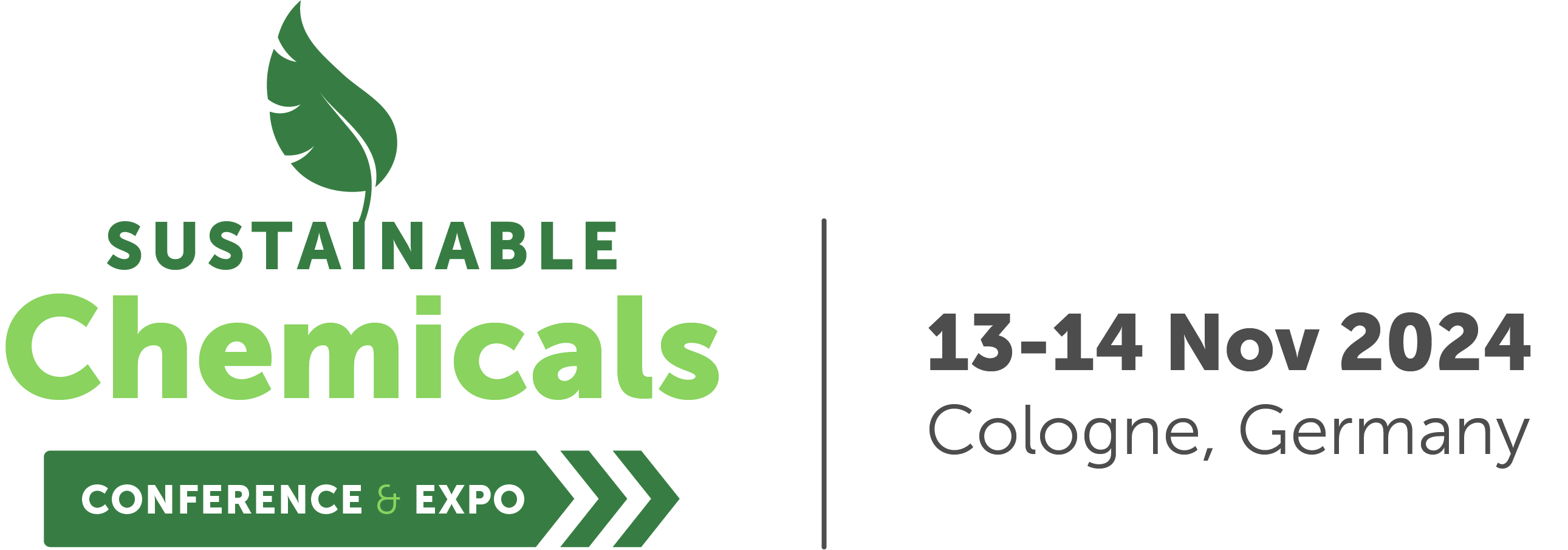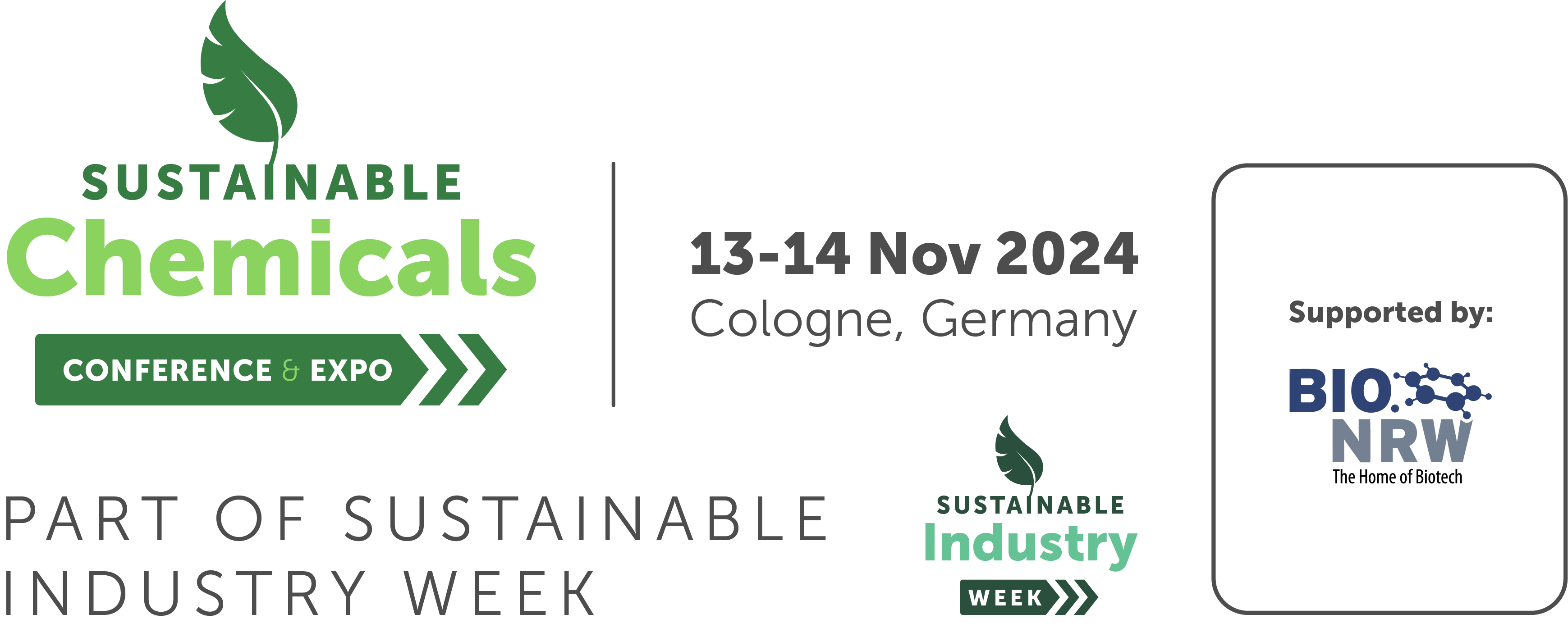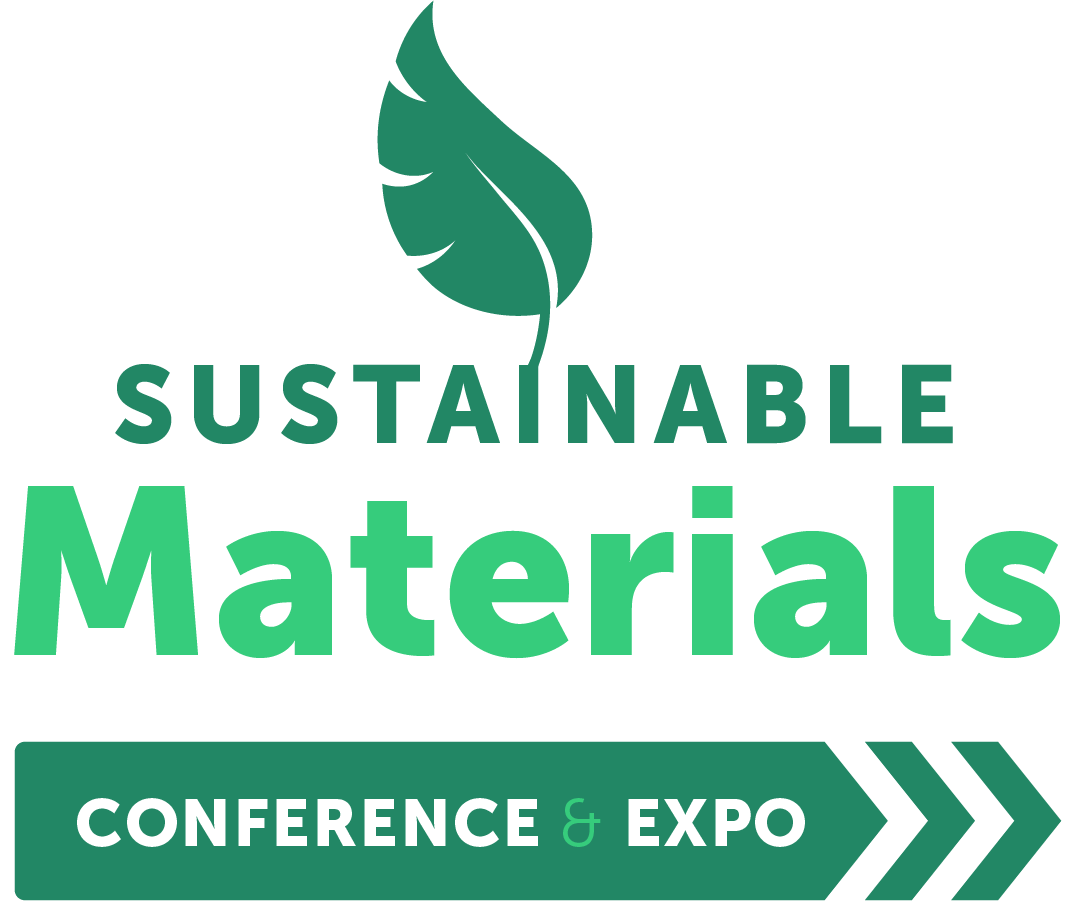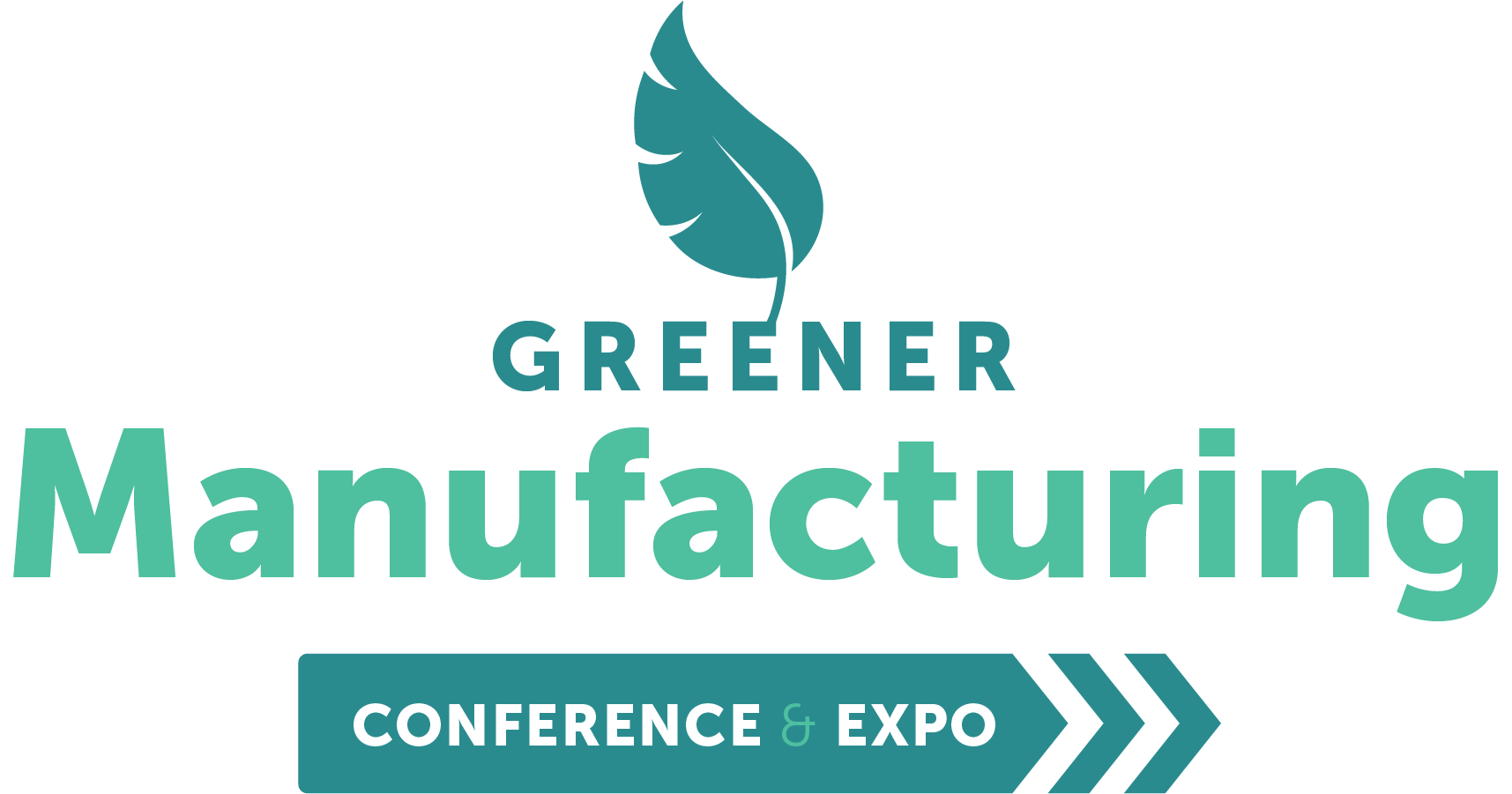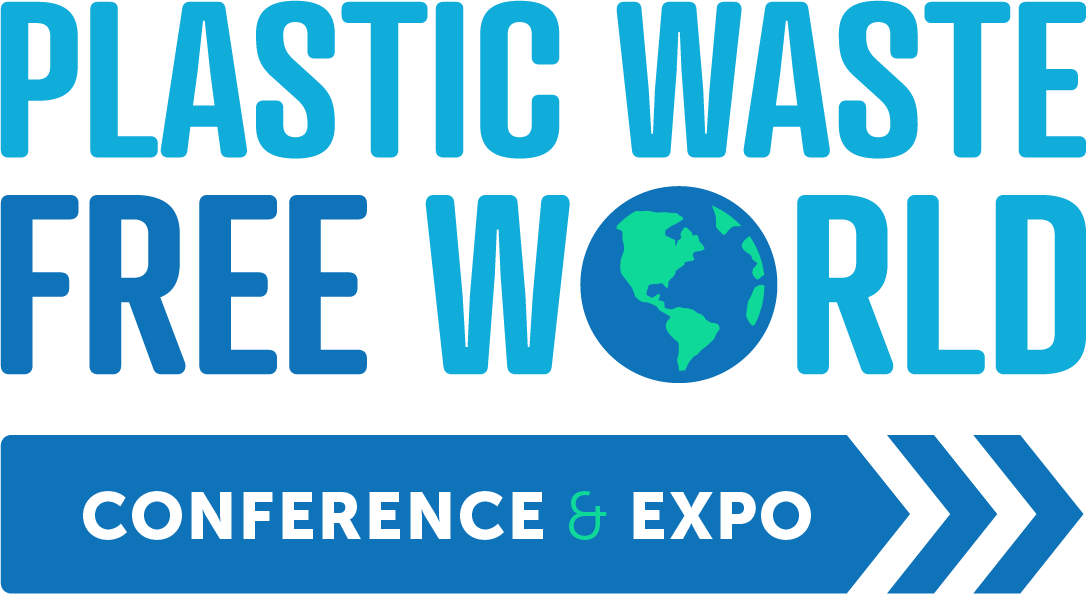Chemical Recycling of Plastics; How to Make it Work?
09 Nov 2023
Sustainable Materials and Chemicals
Using recycled plastics instead of virgin feedstock to produce plastics helps to decarbonise the value chain. At the same time, recycling reduces plastic pollution and diverts an otherwise ‘waste’ stream to being a profitable feedstock. Many companies have made pledges with respect to the recycled content of the plastics they produce or consume. In addition governing bodies are setting targets as well. The recycling targets can only be reached if all parties in the entire chain work together and improvements are made in the areas of plastic / packaging design, collection, separation, production, and recycling. Recycling includes mechanical and chemical recycling as complementary technologies. Mechanical recycling is the most energy efficient but has its limitations with regards to quality of the product obtained (often downgraded from that of the original plastic). Moreover, mechanical recycling is not the most effective solution for all plastics. Significant pre-sorting and cleaning may also be required. The advantage of chemical recycling technologies lies in the fact that a broader type and mix of feedstock can typically be fed to the various processes to produce high quality products each time. This presentation will discuss the general characteristics of chemical plastic recycling processes. More specifically, it will discuss the challenges encountered with respect to feedstock choice, design, and operation of recycling plants, as well as pre- and post-processing as relevant for plastic pyrolysis processes and the impact on the design of the balance of plant. Integration aspects of the products obtained within an existing petrochemical or refining facility will also be addressed.
